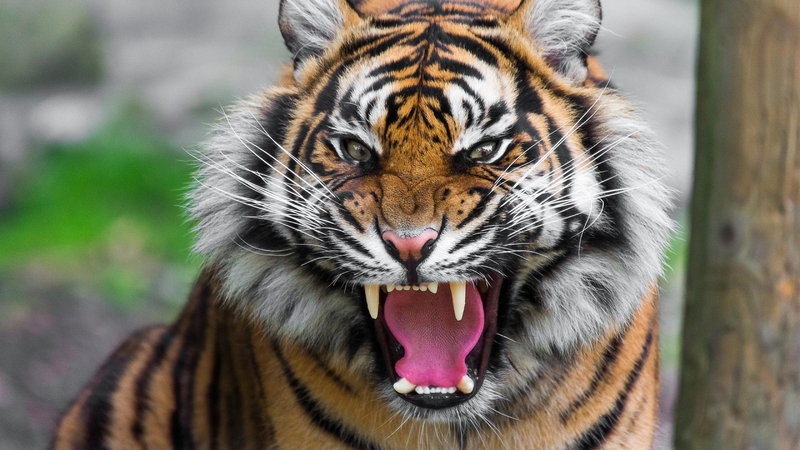
AKIPRESS.COM - Deputy Prime Minister of Kazakhstan - Agriculture Minister Askar Myrzakhmetov met with the Director General of the World Wildlife Fund Marco Lambertini and WWF Russia Director Igor Chestin on September 8, Kazakh media report.
During the meeting, the Ministry of Agriculture of Kazakhstan and the World Wildlife Fund signed a memorandum on the implementation of Tiger Relocation Program aimed at reintroduction of tigers in their historical range - Kazakhstan.
The animals will be reintroduced in the Ili-Balkhash region, according to the program, which also involves the creation of a new nature reserve and the restoration of a forest that is part of the animal’s historical range. The program is likely to take many years. The landscape has to be prepared for the tigers, and the wildlife they feed on reintroduced, before the first tigers are introduced into the reserve in 2025 at the earliest.
Igor Chestin said: “Thanks to years of close collaboration between Kazakhstan and Russian conservation experts, we have now identified the best possible territory in Ili-Balkhash for the restoration of a thriving wild tiger population. Our continued cooperation will be key in the successful creation of a new reserve, the restoration of rare native species and, in a few years’ time, achieving an unprecedented transboundary relocation of wild tigers to central Asia.”
There were thought to be about 100,000 wild tigers at the beginning of the 20th century. Now there are only about 3,900 but it is hoped that the reintroduction of tigers in Kazakhstan will play a key role in increasing tiger range and populations, Guardian reported.
Askar Myrzakhmetov said: “Kazakhstan is moving along the path of green development. We are honoured to be the first country in central Asia to implement such an important and large-scale project, that not only will bring wild tigers back to their ancestral home but also protect the unique ecosystem of the Ili-Balkhash region.”
Ekaterina Vorobyeva, director of WWF-Russia’s Central Asia program, said there was hard work ahead to make the area ready. “That means tackling poaching and illegal activities, having well-trained and equipped rangers, thriving prey populations and engaged local communities.”
